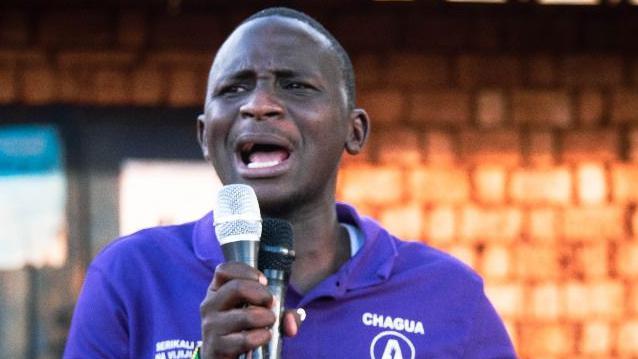Abdul Nondo, an opposition youth leader from the ACT Wazalendo party in Tanzania, has become the subject of a police investigation following his reported kidnapping. Nondo was allegedly abducted by unknown perpetrators at a bus station in Dar es Salaam as he returned from a campaign trip. This incident raises significant concerns surrounding the safety of political figures in Tanzania, particularly those affiliated with opposition parties. The police confirmed that Nondo was taken from the station by two individuals in a white four-wheel-drive vehicle, and while they have not officially identified the victim, a bag linked to him was found at the scene.
The abduction of Abdul Nondo follows a distressing pattern of violence facing opposition members in Tanzania, especially after the tragic events of September when a senior leader from the Chadema party, Ali Mohamed Kibao, was kidnapped, tortured, and murdered. In that case, the extent of brutality—Kibao was beaten and had acid poured on him—prompted widespread outrage and calls for justice. President Samia Suluhu Hassan publicly condemned that incident and demanded an extensive investigation, highlighting the increasing vulnerability of opposition leaders amid a politically charged climate in the country.
Nondo’s kidnapping also provokes questions about political repression in Tanzania, particularly during a sensitive time when local government elections have been taking place. His recent campaign efforts in the western regions of the country underscore the active involvement of the ACT Wazalendo party in local politics, which has become a focal point for opposition to the ruling party. The timing and location of Nondo’s abduction—shortly after arriving from campaign activities—suggest a possible political motive, although the exact reasons remain elusive.
The ACT Wazalendo party has voiced serious concerns over Nondo’s safety and called for immediate action from law enforcement and government authorities. The party’s leadership is particularly worried that such incidents threaten democratic processes and the rule of law within the country, emphasizing the need for accountability and transparency in the investigation. Political violence, especially against opposition figures, poses a deep-seated challenge to the fabric of democracy in Tanzania and raises alarms about the freedom of political expression.
As the investigation unfolds, the national and international community is paying close attention to the developments surrounding Nondo’s case, hoping for a resolution that highlights the importance of safeguarding human rights. Calls for justice and protection for political activists dominate the discussions, reflecting a growing dissatisfaction with the level of political violence tolerated in the country. The perspectives on how law enforcement addresses this incident could determine not only the fate of Abdul Nondo but also the future landscape of political engagement in Tanzania.
This scenario is further complicated by the backdrop of previously reported attacks on opposition members, which creates a climate of fear and uncertainty. The implications of ongoing investigations and the response from President Hassan’s government will be critical in shaping the public’s trust and perception of the ruling administration’s commitment to democratic principles. The call for immediate action by ACT Wazalendo reflects both desperation and hope that justice might prevail against political violence, inviting a larger dialogue about the need for robust protections for political figures and the upholding of democratic norms in the face of adversity.

